Acne Treatment in Malaysia
Clear Skin Experts: Specialised GPs for Acne Treatments
Enhanced Convenience
Our patients can conveniently receive comprehensive dermatological care directly from their GP, eliminating the need for separate appointments with dermatologists.
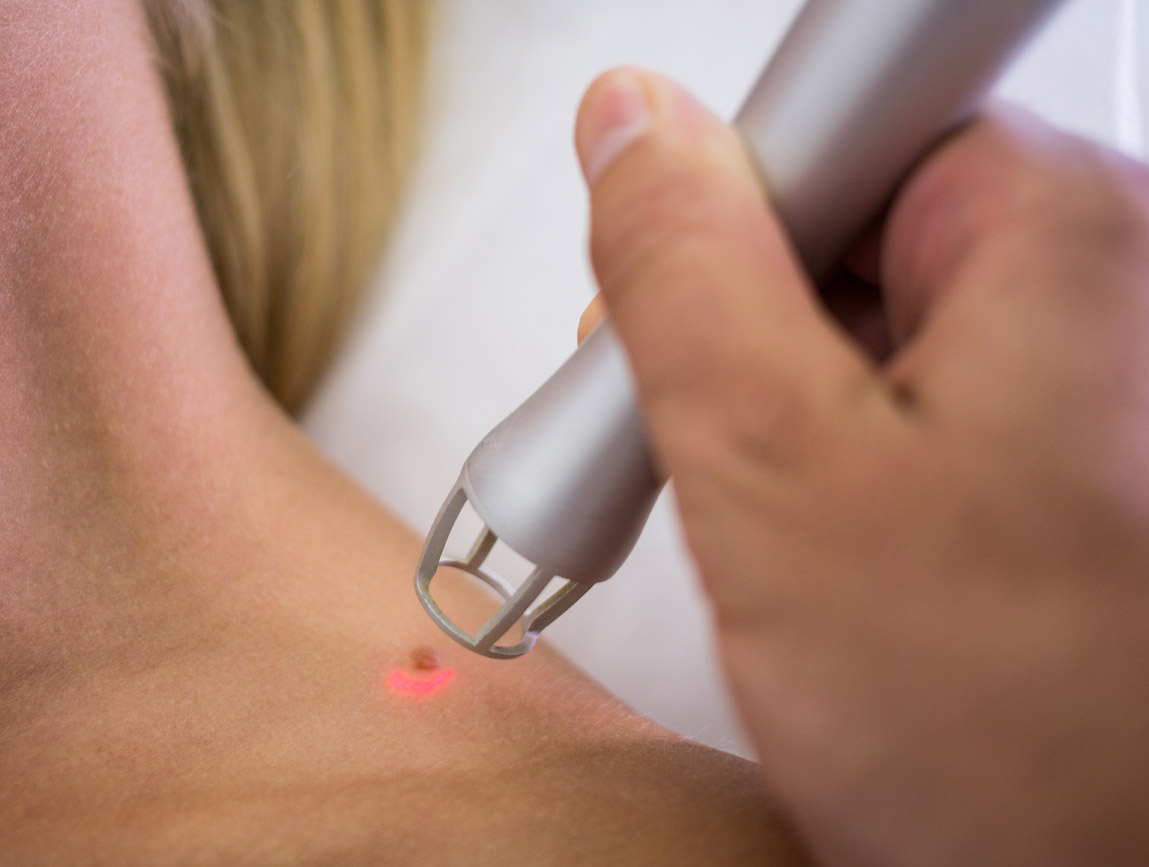
Prompt Treatment
With our extensive knowledge in dermatology, patients can expect prompt and efficient treatment without the typical delays associated with referrals and scheduling with specialists.
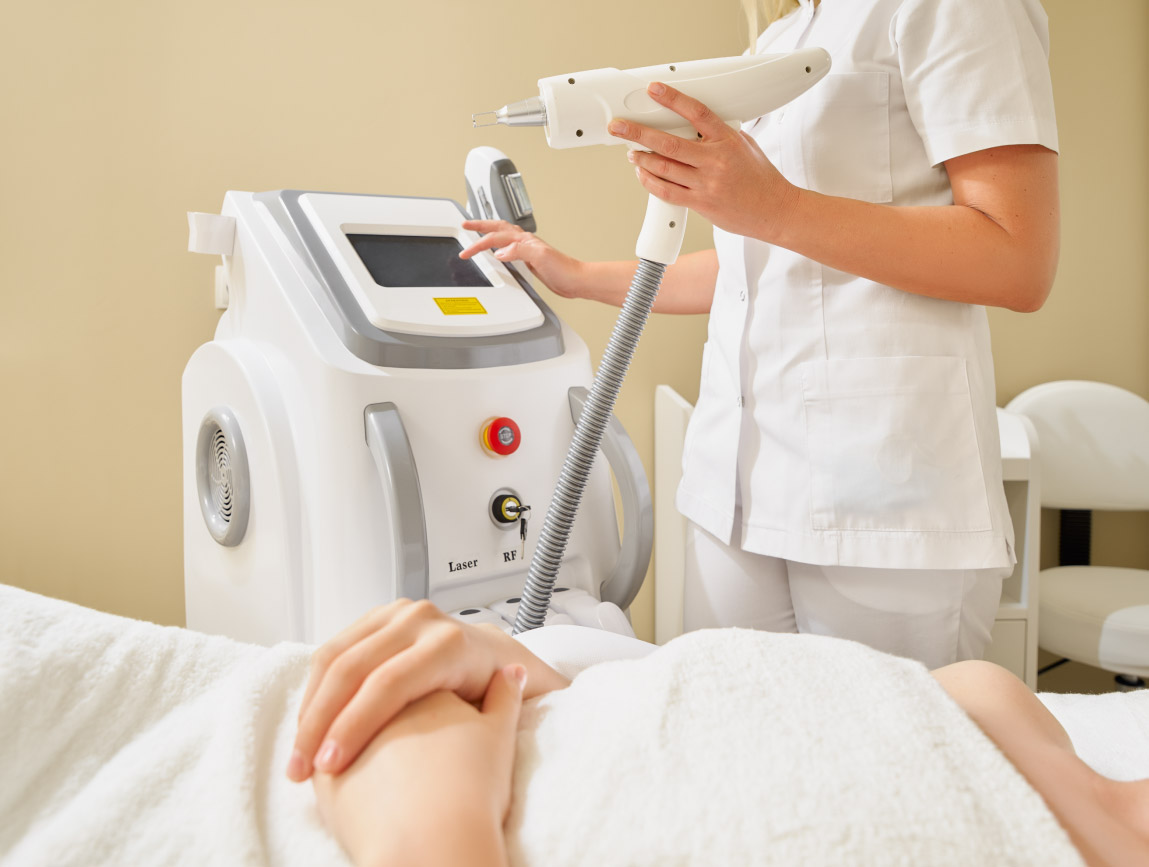
Cost Savings
By efficiently managing the majority of dermatological cases in-house, we significantly reduce the frequency of referrals to dermatologists, ultimately resulting in potential cost savings for our patients.

About Dr. K & Associates Clinic
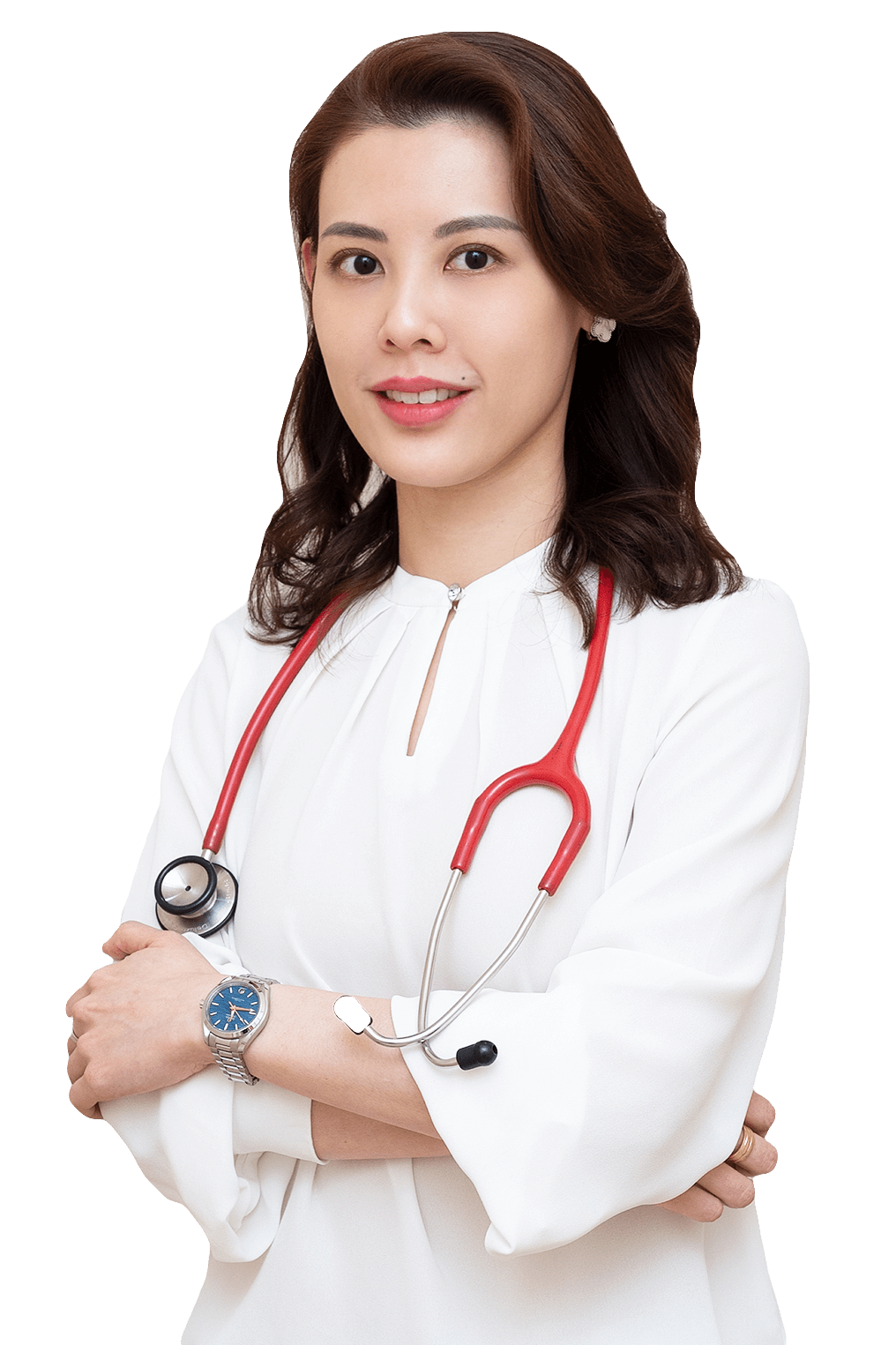
Meet Our Doctor
Dr Kimberly Yap Hae Mun
Founder and Medical Director

- Doctor of Medicine, M.D (Russia)
- Letter of Credentialing & Privileging (LCP) Board Certified
- Diploma of Aesthetic Medicine (USA)
- Diploma of Dermatology (Australia)
- Lifetime Member of Malaysia Medical Association (MMA)
- Member of the Academy of Family Physicians of Malaysia (AFPM)
- Member of PDEBM (Pertubuhan Doktor Estetik Berdaftar Malaysia)
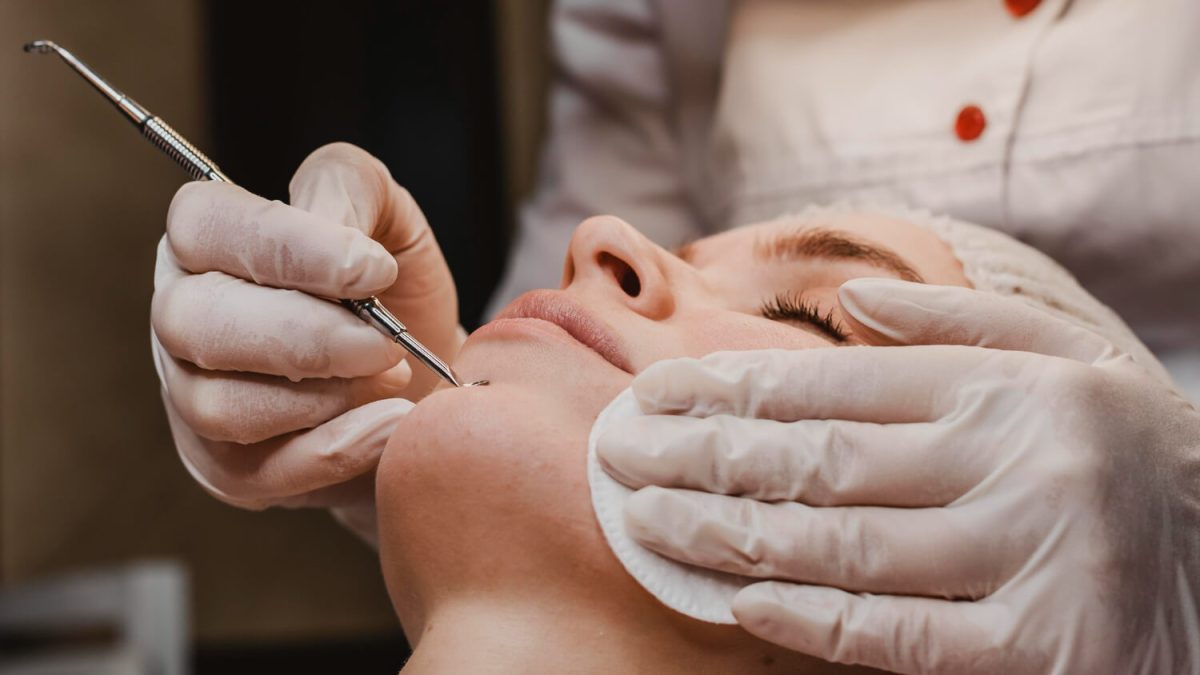
Customised Acne
Treatment Plans
Introduction to Acne
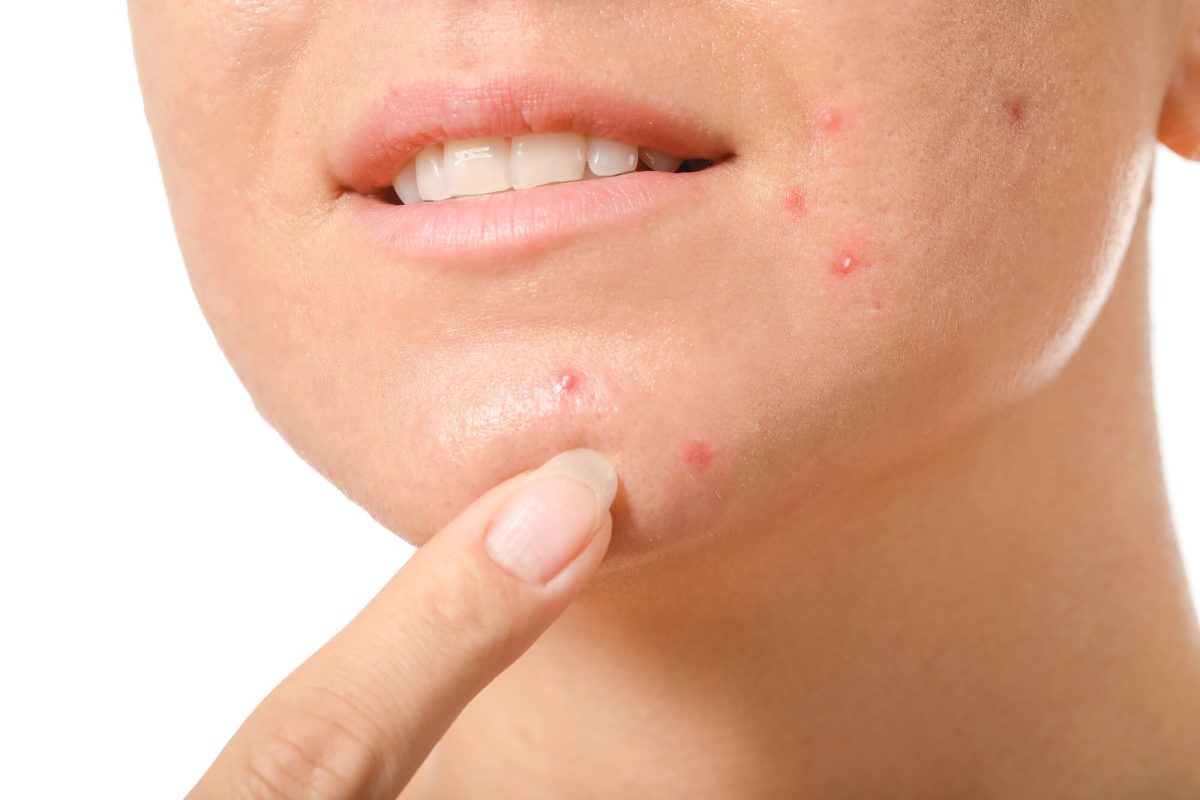
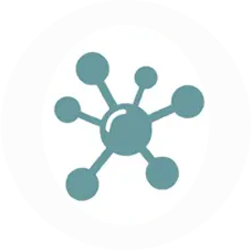
Hormonal Changes & Imbalances
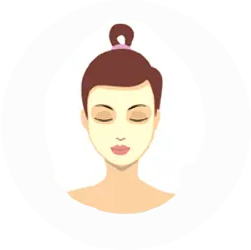
Excess Oil Production
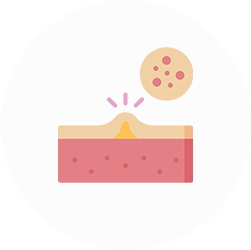
Clogged Hair Follicles & Dead Skin Cells

Medication
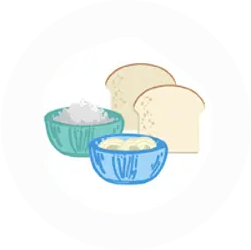
High Glycaemic Index (GI) Food

Stress

Genetics

Hormonal Changes & Imbalances

Excess Oil Production
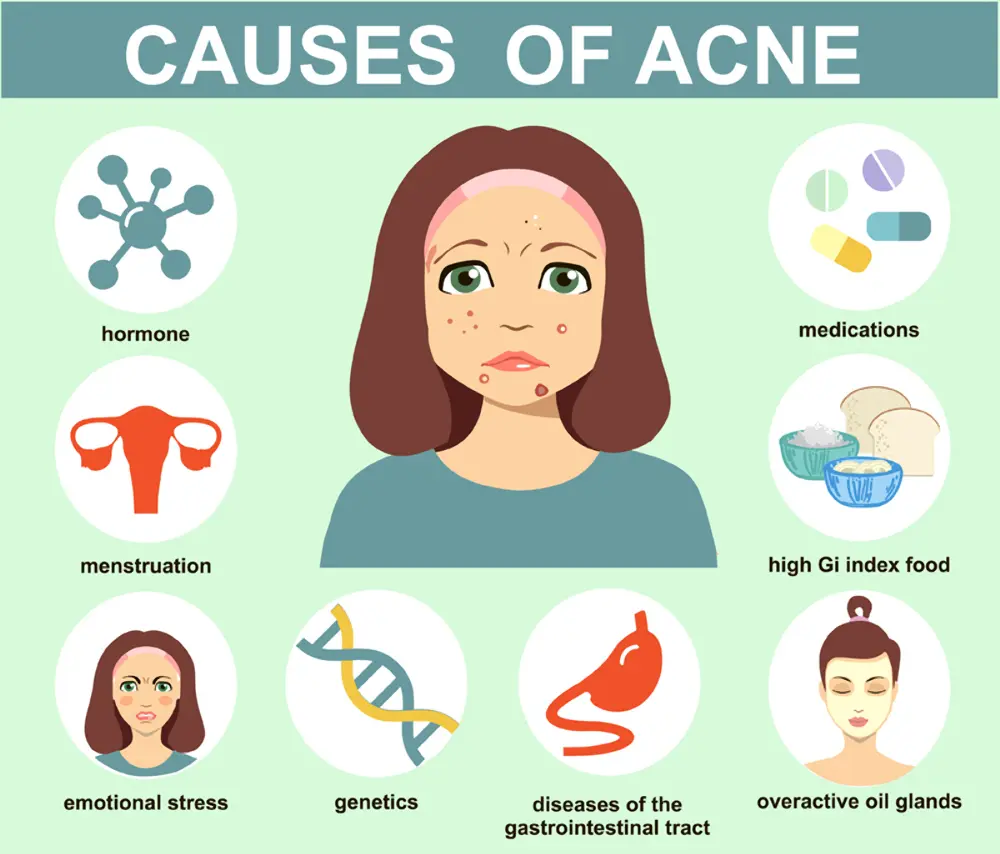

Clogged Hair Follicles & Dead Skin Cells

Medication

High Glycaemic Index (GI) Food

Stress

Genetics
Common Types of Acne
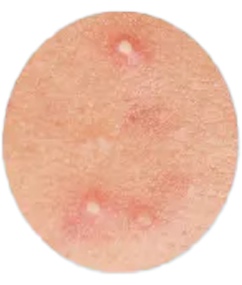
Whiteheads
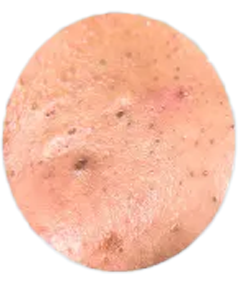
Blackheads
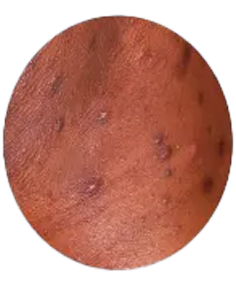
Papules
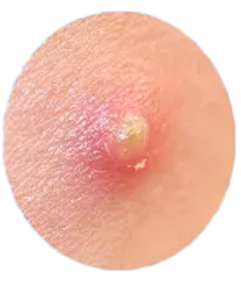
Pustules
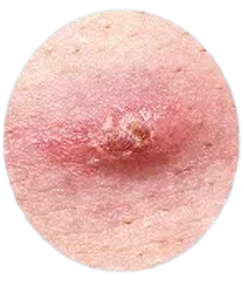
Cystic Acne
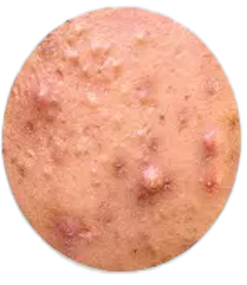
Nodular Acne

Whiteheads

Blackheads

Papules

Pustules

Cystic Acne

Nodular Acne
Our Acne Treatments
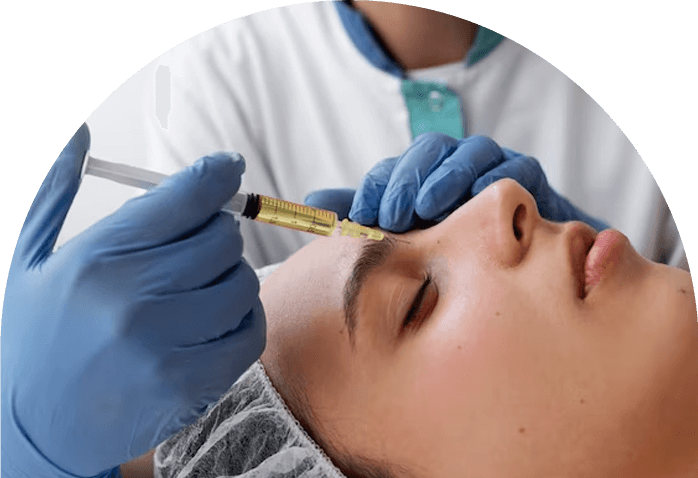
PRP Treatment
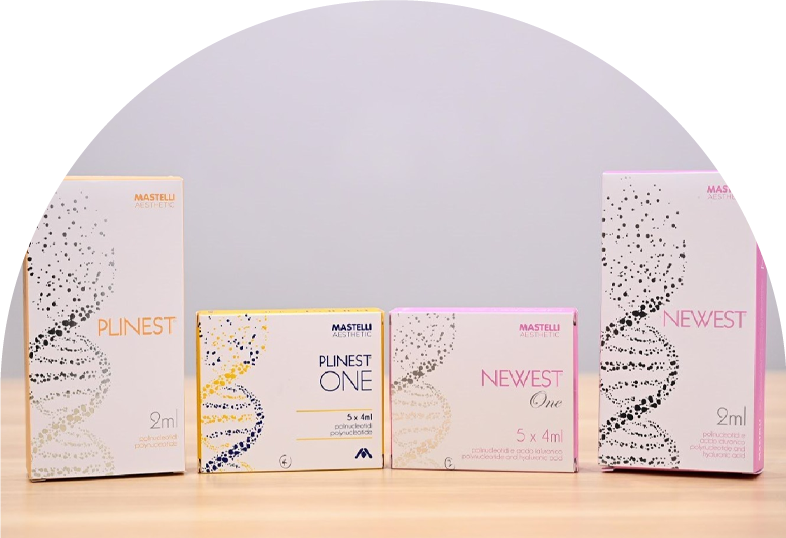
Skin Rejuvenators
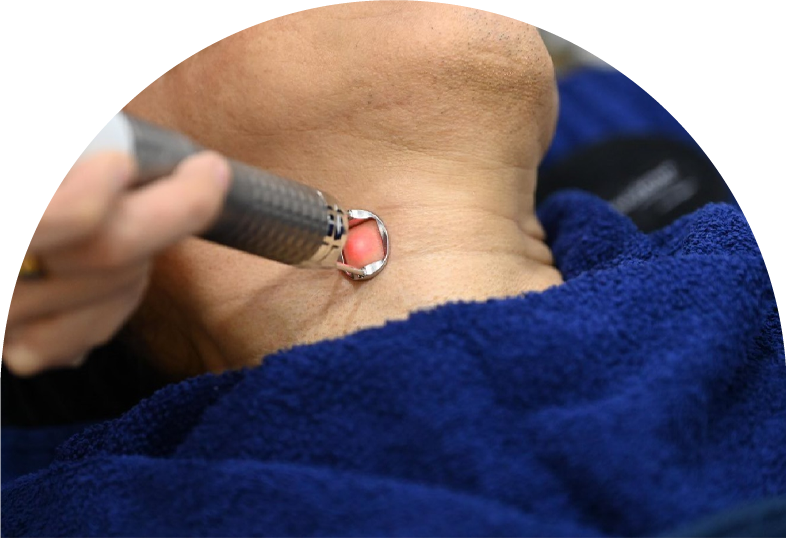
Fotona Laser
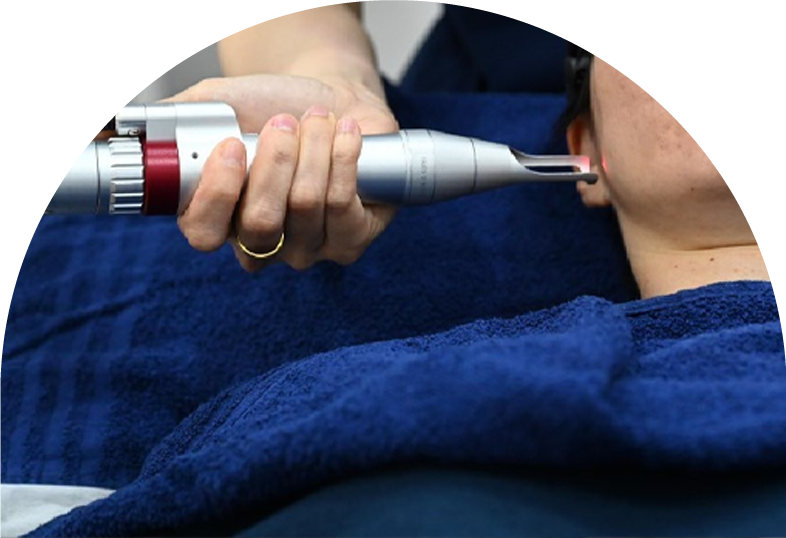
Pico Laser
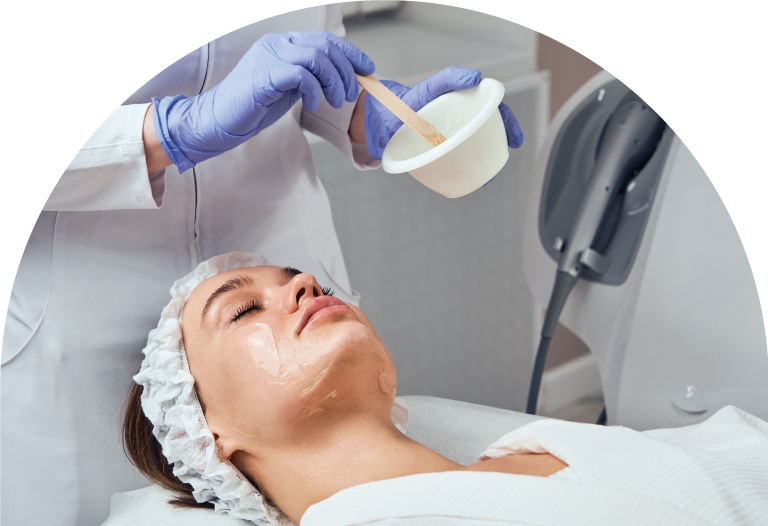
Chemical Peels
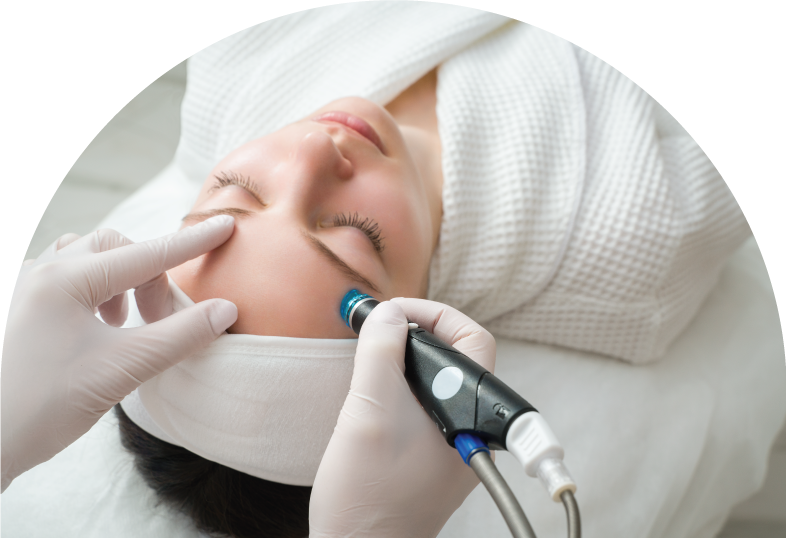
Hydra Medical Facial Treatment
Our Acne Treatments

PRP Treatment

Skin Rejuvenators

Fotona Laser

Pico Laser

Chemical Peels

Hydra Medical Facial Treatment
Before & After Laser & Laser Scar Acne Treatments
Client Testimonials
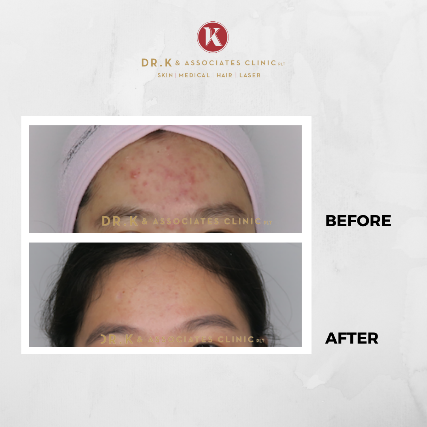
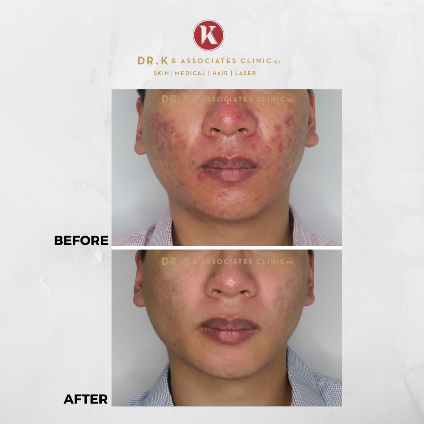
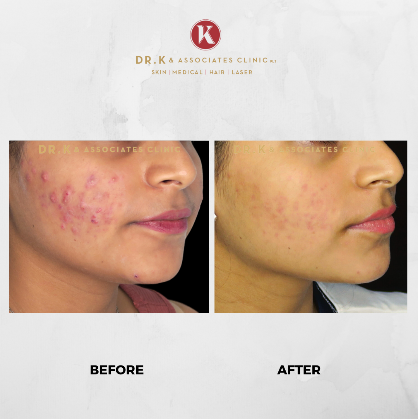
Frequently Asked Questions (FAQ)
While treatment options exist, completely removing acne scars can be challenging. It is important to note that there is no guarantee of 100% eradication of acne scars.
However, many acne scar treatments can significantly reduce the size and visibility of acne scars, resulting in noticeable improvements in their appearance.
Our doctors are general practitioners who have received specialised training and possess a strong interest in practical dermatology. This allows them to effectively address a broad range of dermatological concerns, including acne, rashes, eczema, psoriasis, and infections.
Acne spot treatments are made to target specific acne blemishes, such as individual pimples or localised breakouts. These treatments often come in creams, gels, or serums that contain active ingredients known for their acne-fighting properties (e.g. benzoyl peroxide, salicylic acid, or sulphur).
However, it is essential to note that the effectiveness of acne spot treatments can vary depending on various factors, including the severity of the acne, the specific product used, and individual skin characteristics.
Back acne commonly occurs when sweat becomes trapped under clothing or athletic gear during exercise or vigorous activity.
Fortunately, various over-the-counter and prescription treatments are available to address back acne effectively. These treatments can help clear the skin, but it’s important to note that significant improvement may take a few months to achieve.
However, for more severe or persistent cases of back acne, consulting a dermatologist is recommended. They can provide personalised back acne treatments or prescribe stronger medications to treat the skin.
